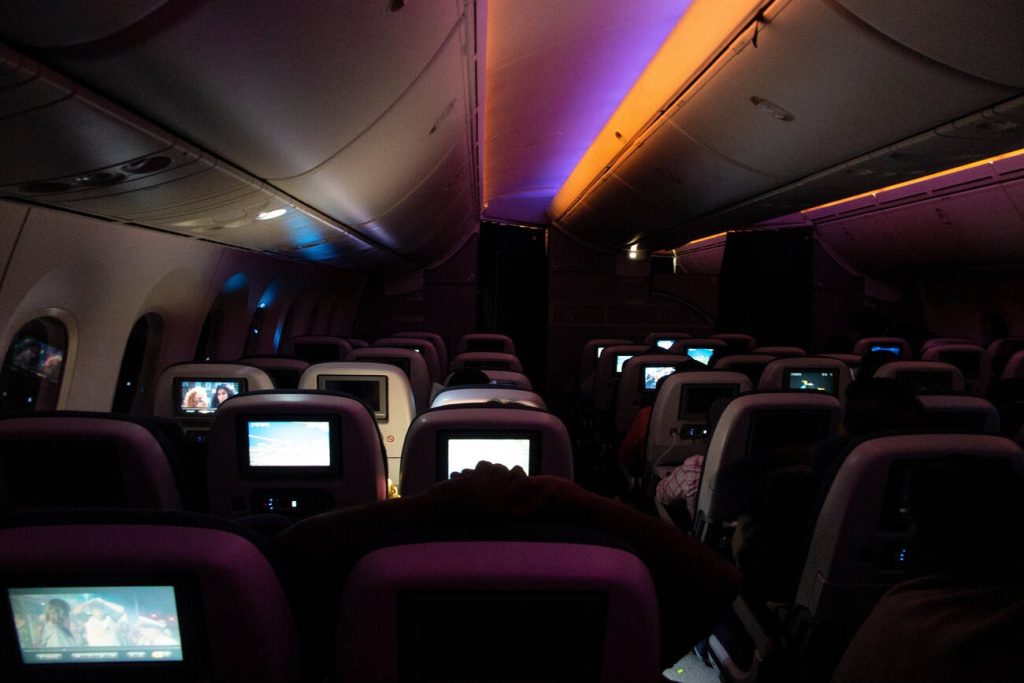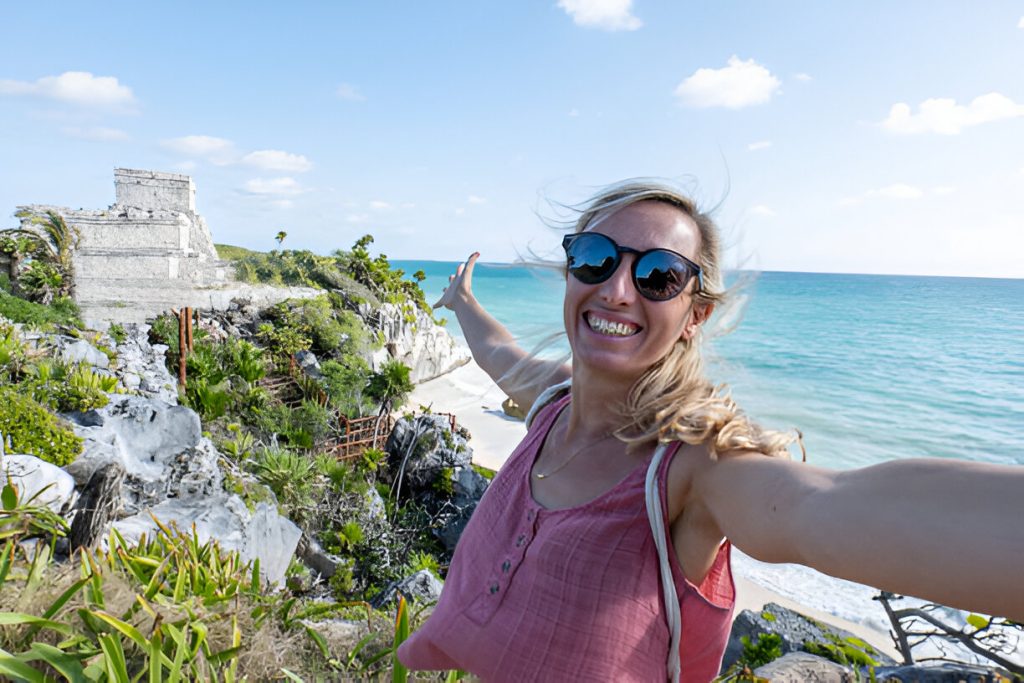Curious about the age where the tropical vibes meet legal boundaries in Puerto Rico? The drinking age in this vibrant territory might surprise you. Dive into the regulations governing alcohol consumption on this beautiful island and discover why the age limit is set at 18. From the cultural influences shaping these laws to the consequences of breaking them, there’s much to explore in the realm of Puerto Rican drinking regulations. Let’s uncover the intricacies behind this unique age limit and understand why it stands out in the landscape of U.S. drinking laws.
Legal Drinking Age in Puerto Rico
The legal drinking age in Puerto Rico is 18 years old. Drinking habits among the youth in Puerto Rico are influenced by the cultural acceptance of alcohol consumption at a younger age compared to the U.S. mainland. Social attitudes towards alcohol are relatively relaxed, contributing to a more permissive view of youth engaging in drinking activities. Alcohol consumption is prevalent in social settings, with a focus on enjoyment rather than excessive drinking. DUI prevention efforts in Puerto Rico target educating the population on the risks of driving under the influence and enforcing strict penalties for offenders. Youth culture in Puerto Rico often includes social gatherings where alcohol is present, emphasizing the need for responsible drinking behavior and awareness of DUI laws. It is essential for individuals to understand the legal consequences and societal impact of irresponsible alcohol consumption, especially among the younger demographic.
Age Requirements for Alcohol Purchase
In Puerto Rico, when purchasing alcohol, you must be at least 18 years old and have appropriate identification. This age requirement is strictly enforced to ensure responsible alcohol consumption and prevent youth access to alcohol. When buying alcohol in Puerto Rico, remember the following:
- Drinking establishments: Various drinking establishments, such as bars, clubs, and restaurants, adhere to the legal age requirement for alcohol purchase.
- Alcohol consumption: It is essential to consume alcohol responsibly and within the legal age limits to promote social responsibility.
- Enforcement measures: Stringent enforcement measures are in place to uphold the age restrictions for purchasing alcohol and to prevent underage drinking.
These guidelines aim to maintain a safe and regulated environment for alcohol consumption in Puerto Rico. Remember to always carry valid identification when purchasing alcohol and to respect the established age requirements at all drinking establishments.
ID Regulations for Drinking in Puerto Rico
ID regulations for drinking in Puerto Rico require individuals to present valid identification when purchasing or consuming alcohol. This verification process ensures legal compliance with the minimum drinking age of 18 and helps establishments monitor age restrictions. Whether you’re planning to enjoy the vibrant nightlife, have a drink at a local bar, or dine at a restaurant, having your ID on hand is essential. Acceptable forms of identification include a driver’s license, passport, or foreign documents. In cases where primary ID is unavailable, establishments may request at least two alternative forms of ID. While most bars and clubs in Puerto Rico allow entry at 18, some may have specific age requirements for access. It’s crucial to understand and adhere to these ID regulations to avoid issues when purchasing alcohol and to ensure a smooth experience when enjoying the diverse drinking and entertainment options Puerto Rico has to offer.
Reasons Behind Drinking Age Laws
Understanding the rationale behind setting the drinking age laws in Puerto Rico provides insight into the cultural and societal factors influencing this regulatory decision.
- Cultural norms: Puerto Rico boasts a more relaxed drinking culture compared to the mainland U.S., where alcohol consumption is often integrated into social gatherings and celebrations from a younger age.
- Societal impact: The autonomy Puerto Rico holds in setting its drinking age aligns with the view of 18-year-olds as adults in the region, reflecting the societal acceptance of younger individuals engaging in responsible alcohol consumption.
- Historical precedent: The longstanding tradition of an 18-year-old drinking age in Puerto Rico is rooted in historical context and differs from the U.S. federal regulation, showcasing the unique cultural stance towards alcohol within the territory.
These factors collectively contribute to the maintenance of the legal drinking age at 18 in Puerto Rico, a decision influenced by a combination of cultural norms, societal impact, and historical continuity.
Public Drinking Regulations in Puerto Rico
Public drinking regulations in Puerto Rico vary by municipality, encompassing rules that dictate the consumption of alcohol in different settings and areas. Tourist exemptions may apply in certain designated zones, where open container laws could be more lenient to accommodate visitors. Local ordinances play a significant role in defining where public drinking is permissible and what restrictions are in place. It is essential to be aware of these regulations and respect them to ensure responsible consumption and alignment with local social norms.
| Regulations | Description |
|---|---|
| Tourist Exemptions | Certain tourist areas may have relaxed rules for public drinking. |
| Local Ordinances | Rules can differ by municipality, so checking local laws is crucial. |
| Drinking Zones | Designated areas may allow public drinking under specific conditions. |
| Responsible Consumption | Adhering to limits and displaying responsible behavior is key. |
| Social Norms | Respecting cultural norms around alcohol consumption is important. |
Consequences of Underage Drinking
Underage drinking carries legal consequences in Puerto Rico, including fines or community service, emphasizing the importance of adhering to the legal drinking age of 18. Teen drinking consequences can be severe, impacting your future and well-being. To prevent underage drinking, it’s crucial to educate youth on alcohol and its risks. Understanding the dangers of underage DUI risks is essential to make informed decisions. Here’s a brief overview:
- Legal Penalties: Underage drinking can lead to fines or community service.
- Health Risks: Youth alcohol consumption can harm physical and mental development.
- Educational Impact: Engaging in underage drinking may affect academic performance and future opportunities.
It’s vital to make responsible choices and avoid underage drinking to safeguard your present and future. By staying informed and adhering to the legal drinking age, you can protect yourself from the negative consequences associated with underage alcohol consumption.
Comparison of Drinking Age Laws
To compare the drinking age laws between regions, one must consider the legal requirements and cultural factors influencing alcohol consumption. International comparisons reveal that drinking age laws vary significantly worldwide, with some countries setting the legal age at 18 while others require individuals to be 21 before purchasing or consuming alcohol. Social attitudes play a crucial role in shaping these laws, as some societies view alcohol consumption as a rite of passage for young adults, while others emphasize the potential risks associated with early drinking. Enforcement strategies differ across regions, with some places implementing strict penalties for underage drinking, while others focus more on educational campaigns to raise awareness about responsible alcohol consumption. Alcohol consumption patterns also vary, influencing how drinking age laws are structured to manage potential risks associated with early exposure to alcohol. By examining these factors, one can gain a comprehensive understanding of the diverse approaches to regulating alcohol consumption based on age.
Cultural Factors Influencing Drinking Age
Cultural norms significantly shape the legal drinking age in different regions, reflecting societal attitudes towards alcohol consumption.
- Cultural influences: The drinking age in Puerto Rico at 18 aligns with the more relaxed drinking culture present on the island compared to the mainland U.S., where the legal age is 21.
- Societal norms: Puerto Rico’s societal views on adulthood and autonomy likely contribute to the acceptance of 18-year-olds as responsible for alcohol consumption.
- Historical context: The historical precedent of setting the drinking age at 18 in Puerto Rico showcases the influence of past practices and norms on current regulations.
These factors, including cultural influences, societal norms, and historical context, all play significant roles in determining the legal drinking age in Puerto Rico. By understanding these aspects, one can appreciate the nuanced reasons behind the differences in drinking age regulations between regions and countries.












